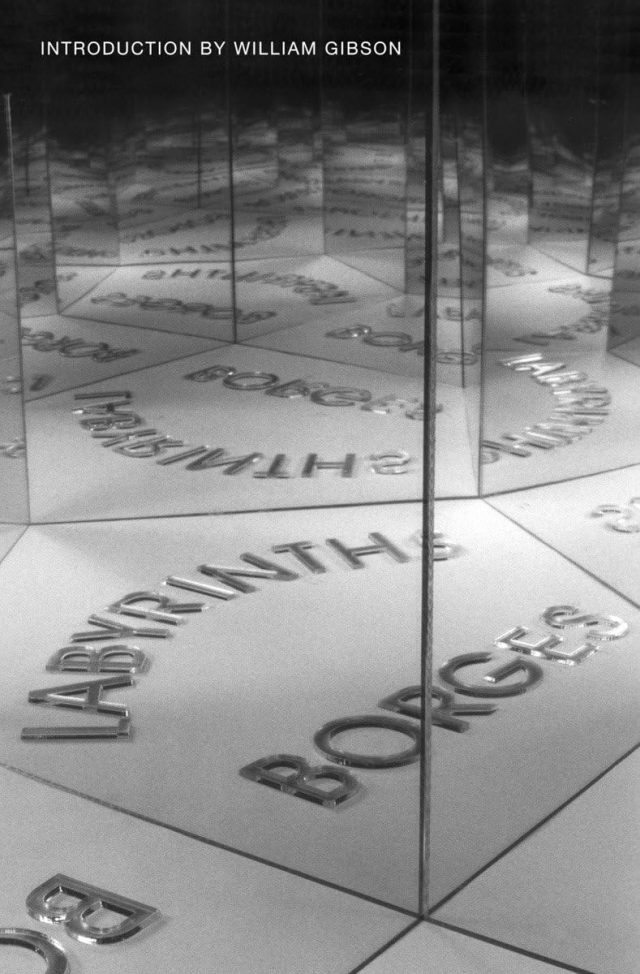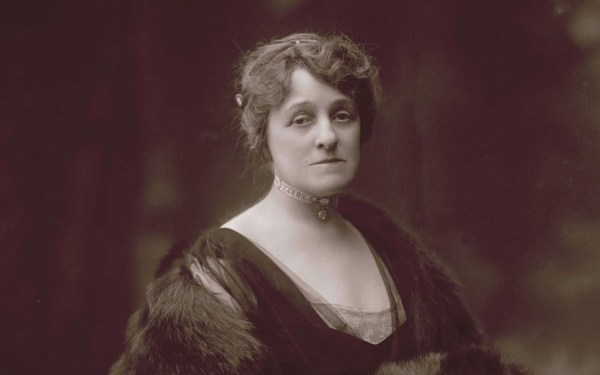Why You Should Read Jorge Luis Borges: His Best Works
- By: thebookaholic
- On:
- 0 Comment

Disclaimer
This post may contain affiliate links. I will make a small commission if you make a purchase through one of these links, at no extra cost to you. See full disclosure and disclaimer policy HERE.
If you’ve ever dipped your toes into world literature, chances are you’ve heard the name Jorge Luis Borges. But here’s the thing—Borges isn’t just another writer you put on your “to-read-someday” list. He’s the literary equivalent of stepping into a hall of mirrors: confusing, magical, mind-bending, and unforgettable. So, why exactly should you read Borges today, even in our age of contemporary books and Netflix binges? Let’s dive in.
Table of Contents
- Who Was Jorge Luis Borges?
- The Original Master of the Short Story
- A Writer Ahead of His Time
- He Turns Reading Into an Adventure
- Most Notable Works
- Borges Inspires Contemporary Writers
- Perfect for the Curious Mind
- Conclusion
- FAQs
Who Was Jorge Luis Borges?
Jorge Luis Borges was an Argentine writer, poet, and essayist, widely regarded as one of the most influential literary figures of the 20th century. Born in Buenos Aires in 1899, Borges grew up in a bilingual household, reading both Spanish and English literature from a young age. This early exposure shaped his lifelong fascination with language, books, and storytelling.
Unlike many of his contemporaries, Borges never wrote a traditional novel. Instead, he revolutionised literature through his short stories and essays, which combined philosophy, metaphysics, fantasy, and erudition in dazzling ways.
Borges’ work was deeply intellectual but also playful, inviting readers to think about questions of time, identity, and the universe. He often drew inspiration from philosophy, mathematics, theology, and mythology, weaving them seamlessly into his stories. In doing so, he paved the way for genres like magical realism and influenced countless writers, including Gabriel García Márquez, Umberto Eco, and Salman Rushdie.
Later in life, Borges lost his sight due to a hereditary eye condition, yet he continued to write and lecture around the world. His blindness even deepened his relationship with literature, as he described himself as living more fully in the realm of words and imagination.
He passed away in 1986 in Geneva, Switzerland, but his legacy endures. Borges remains not only a central figure in Latin American literature but also a universal voice whose work transcends cultural and linguistic boundaries. His stories are still read today as philosophical puzzles, poetic meditations, and timeless explorations of the human mind.
Bookaholic too? Join our academy!
Signup for news and book giveaways! You can unsubscribe at any time.
Thank you!
You have successfully joined our subscriber list.
The Original Master of the Short Story
Forget about doorstop-sized novels. Borges was the king of brevity. He proved that you don’t need 500 pages to leave a reader stunned—you can do it in five. His short stories are like intellectual espresso shots: quick, strong, and guaranteed to leave you awake at 3 a.m., questioning the nature of reality.
If you’ve got a busy lifestyle (and let’s face it, who doesn’t?), Borges is the perfect literary companion. Each story is compact, yet layered with so much meaning that you can read them again and again, peeling back new insights every time.
A Writer Ahead of His Time
Ever heard of the multiverse? Endless parallel realities? Borges was writing about those long before Marvel made them trendy. His stories toy with infinite libraries, labyrinths that double as universes, and books that contain every possible word ever written.
Reading Borges feels a bit like scrolling through today’s internet—chaotic, infinite, overwhelming—but he imagined all of it decades before we even had Google. In that sense, Borges isn’t outdated; he’s timeless.
He Turns Reading Into an Adventure
Most writers tell a story. Borges makes you question if the story even exists. His works blur the lines between fiction and reality, author and reader, dream and waking life. You don’t just read Borges—you wrestle with him, you argue with him, and sometimes you even feel like he’s playing tricks on you.
It’s a bit like playing chess with a grandmaster who’s already planned the next 20 moves while you’re still deciding whether to move your pawn. And yet, that’s the thrill—you walk away challenged, puzzled, and weirdly inspired.
Most Notable Works
Fictions (1944, expanded 1956)
This is Borges’ most famous collection of short stories. It includes masterpieces like The Library of Babel, The Garden of Forking Paths, and Pierre Menard, Author of the Quixote. Each piece feels like stepping into a philosophical puzzle, where labyrinths, infinity, and the blurred lines between reality and fiction all come to life.
The Aleph (1949)
Another iconic collection, featuring the legendary story The Aleph, where a single point in space contains all other points of the universe. It’s a dazzling meditation on perception, memory, and the infinite, and it continues to fascinate readers today.
Labyrinths (1962, English edition)
A curated selection of Borges’ works (stories and essays), introduced many English-speaking readers to him for the first time. This volume was a carefully chosen selection of his stories and essays, showcasing works like Tlön, Uqbar, Orbis Tertius, The Lottery in Babylon, and The Garden of Forking Paths. With this book, Borges’ reputation as one of the most original thinkers in literature spread far beyond Argentina.
A Universal History of Iniquity (1935)
A Universal History of Iniquity took the form of fictionalised biographies of outlaws, swindlers, and rogues. While less metaphysical than his later stories, it already displayed his fascination with blending fact and fiction until the boundary between them became meaningless.
The Book of Imaginary Beings (1957, expanded 1969)
A whimsical encyclopedia of mythical creatures, written with Borges’ signature mix of erudition and imagination. It combines Borges’ love of encyclopedic knowledge with his playful imagination, creating a work that is part reference book, part fantasy literature, and entirely unique.
In the end, although Borges never wrote a traditional novel, his collections stand as some of the most significant achievements of twentieth-century literature. They prove that you don’t need the length of a novel to change the way people think about stories, language, and reality itself.
Borges Inspires Contemporary Writers
Pick up books by contemporary heavyweights like Umberto Eco, Salman Rushdie, or even Margaret Atwood, and you’ll see Borges’ fingerprints all over their pages. His influence is everywhere—mystery, magical realism, speculative fiction, even modern sci-fi.
If you enjoy today’s contemporary literature, you’re basically already reading Borges’ grandchildren. Why not meet the ancestor himself?
Perfect for the Curious Mind
Borges isn’t light reading, but he isn’t inaccessible either. He’s like that fascinating friend who can’t stop bringing up random trivia during dinner—philosophy, mythology, mathematics, theology, you name it.
And the best part? You don’t need a PhD to enjoy him. His stories are rich and complex, yes, but also playful. They invite you in, even if you don’t catch every reference. Reading Borges is less about “getting it all” and more about embracing the ride.
RELATED:
Delving into the 12 Best Magical Realism Books
Conclusion
So, why should you read Jorge Luis Borges? Because he’s more than just a writer—he’s an experience. His stories are short but infinitely deep, his ideas ahead of their time, and his influence still alive in contemporary books today.
Reading Borges is like opening a door to a literary labyrinth where every path leads you somewhere unexpected. And honestly, isn’t that what we want from great literature?
FAQs
Borges is best known for his short stories that blend philosophy, metaphysics, and fantasy—especially works like The Library of Babel and Fictions.
Not really. His stories can be complex, but they’re usually short and highly engaging. Even if you don’t catch every reference, the storytelling is compelling.
A great starting point is his collection Fictions, which showcases his most famous and accessible stories.
Many of today’s contemporary writers and thinkers draw inspiration from Borges’ ideas of infinity, reality, and storytelling. He feels surprisingly modern despite writing decades ago.
Borges reshaped the way stories are told by mixing philosophy with narrative, inspiring countless writers across genres—from magical realism to science fiction.
Did you like it? Pin this post for later!
















